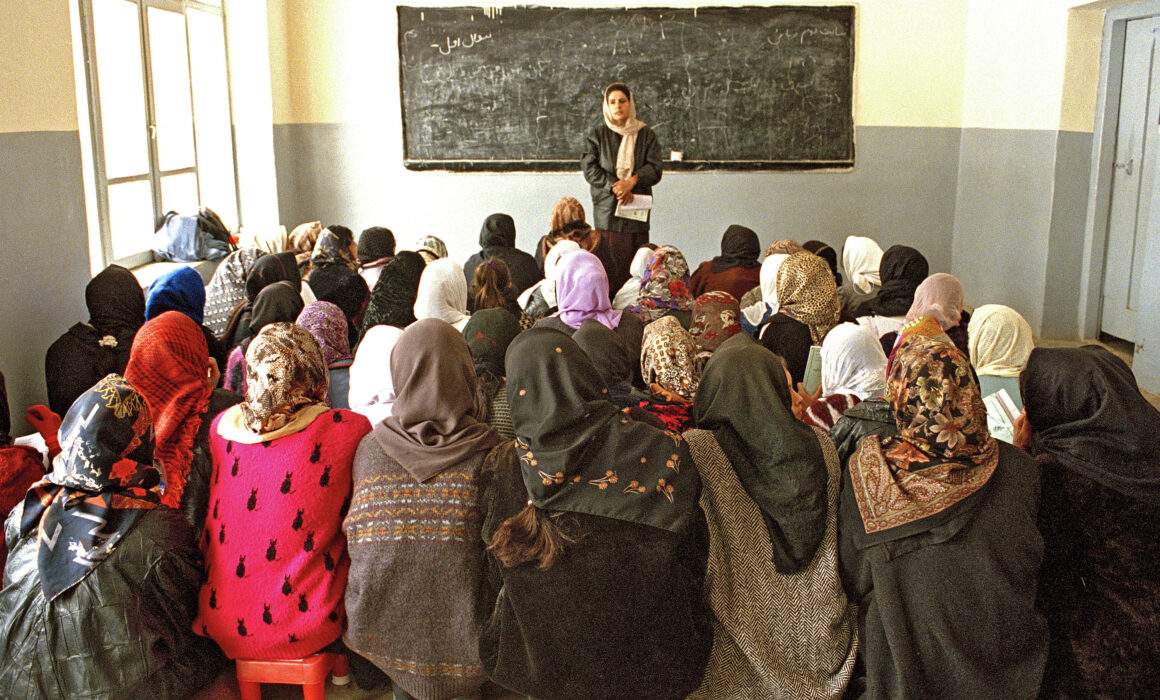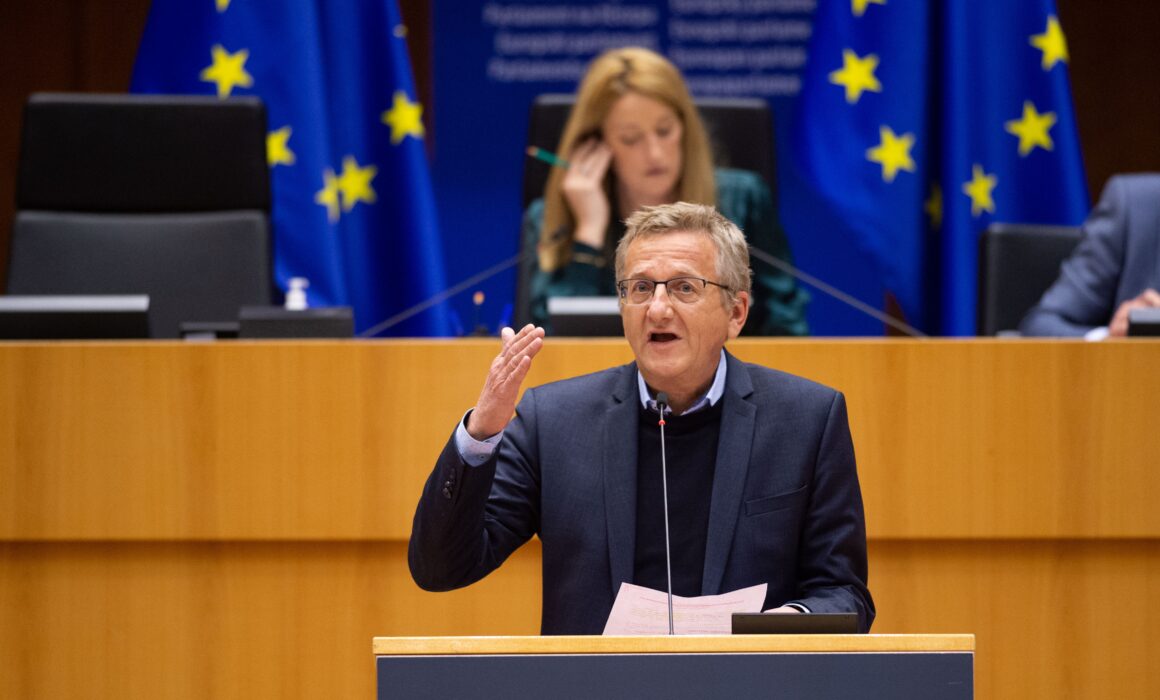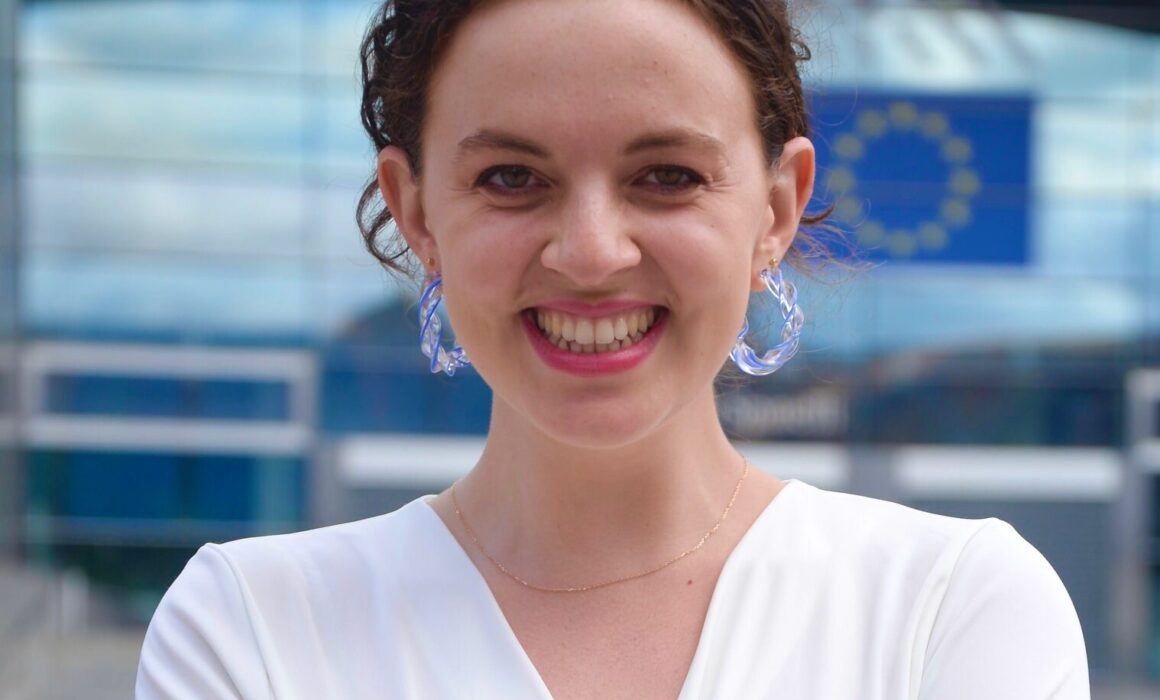Technical aspects
On the technical aspects of this tender. It was published as an external action procurement, i.e. it was somewhat different from the usual procurement procedures of EU institutions.
Articles 178 & 179 of the Financial Regulation of 2018/1046 derogate many of the rules for procurement of contracts by institutions ‘on their own account’ for procurement in the area of external action.
In short, for external action tenders, there is a risk of less transparency and less flexibility. For example, the procurement documents cannot be found on the internet, as was suggested in the contract notice. Only 12 questions were addressed to the Commission by potential applicants, of which half were not answered because it was too late. True, the European Commission was not obliged to answer them, but it is important to exercise diligence. A few days before the deadline, four questions were answered and published as clarifications…. And virtually all questions were about how to be able to participate! It is specified in I.3) Communication of tender that procurement documents are available for unrestricted and full direct access, free of charge, at: https://etendering.ted.europa.eu/cft/cft-display.html?cftId=11931. However, no documents were provided.
As for the scope of access to this contract, it was NOT subject to the WTO Agreement on Government Procurement, but rather open to companies in accordance with the specific provisions in the basic instrument, and to international organisations according to Article 179 FR. The additional information to the contract notice confirms that “For this contract award procedure, financed by NDICI rapid response actions, participation is open without limitations. Participation is also open to international organisations.”
In addition, the contract notice stipulated that no other documents except the declaration on honour, additional information and clarifications were available. So, the specifications and criteria for an award were in practice only available to selected companies.
The value of the contract was announced as €4 million over a period of four years. However, the possibility to add a follow-up contract worth another €4 million was mentioned as the tender was considered a ‘basic project’. According to the notice, “Subsequent to the initial contract resulting from the current tender procedure, new services consisting in the repetition of similar services, up to the estimated amount of € 4,000,000, may be entrusted to the initial contractor by negotiated procedure without prior publication of a contract notice, provided the new services are in conformity with the same basic project.”
It is therefore no wonder that only big consultancy firms responded to this call and only two were shortlisted by the Commission, despite the importance of ensuring true competition. In the past, normal procedures did not require the publication of all information either, but when that rule was changed, the degree of competition changed too, for the better. That has not happened in external action procurement yet. Why not is unclear to me.
Conclusion
Outsourcing core business raises fundamental questions. One practical consequence of it is that in-house expertise and knowledge is either reduced or not developed in the first place – unless the specifications would oblige a knowledge transfer from the contractor to the EEAS, which does not seem to be the case with this particular tender.
There are even bigger questions related to the way this procurement was carried out: the period of application was very short, only minimal information was provided, the scope and detail of the services to be delivered were not well-defined, the selection criteria for a very broad scope of services were also not well defined: and as a result only two offers were received.
The views expressed in this article reflect that of its author and not necessarily that of EU Watch or any of its representatives.












